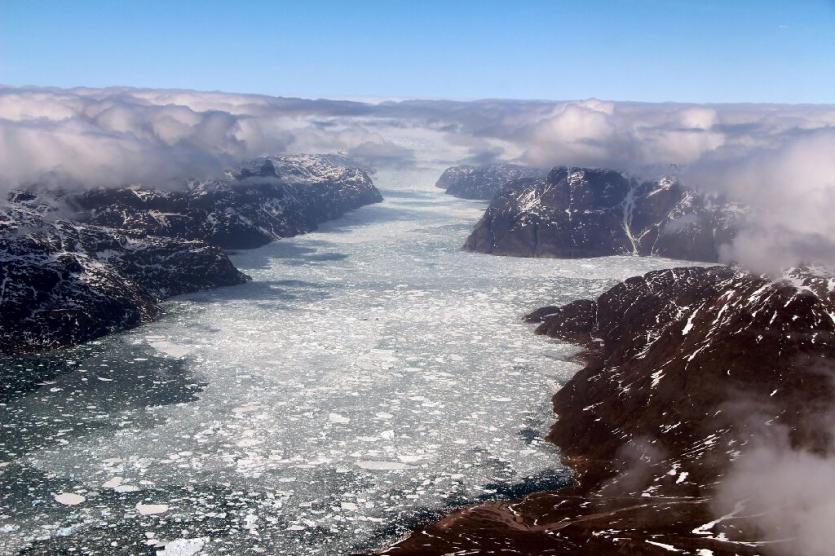A net loss of 600 billion tonnes from the Greenland ice sheet was enough to raise the global watermark 1.5 millimetres in 2019, about 40 percent of total sea level last year
Studies reveal irreparable loss to Greenland ice
By Patryk Krych | The World Daily | AUGUST 16th 2020
The Greenland ice sheets have been melting for a long while now. New research suggests, however, that no matter what’s done for reducing climate change and greenhouse gas emissions by this point, the lost ice may have shrunk beyond recovery.
Greenland has been in the spotlight for a short while within the climate change community and among scientists, with its severe melting occurrences back in the Summer of 2019, which researchers said could be blamed on a consistent high pressure zone, as well as a warming climate. Its ice sheets have been melting on a near record rate for a long while now, much faster on average than in any previous decades.
With the study performed by researchers at Ohio State University, published Thursday in the Nature Communications Earth & Environment journal, it’s now suggested that no matter the efforts to slow the progress of global warming, the Greenland ices will end up melting entirely, regardless.
The studies were performed across 34 years through 2018, focusing on the data of 234 glaciers spanning the Arctic region. What they’d found in these studies was that the yearly snowfall experienced by the island country is no longer enough to replace the lost, melted ice. This is primarily a cause of the summertime heat that’s been worsening recently.
“We are still draining more ice now than what was gained through snow accumulation in ‘good’ years,” said the lead author of the study, Michalea King, a glaciologist at Ohio State University. “Things that happen in the polar regions don’t stay in the polar region.”
It’s also been found that the melting of these ices is causing the sea levels to rise by a millimetre annually. Though it could take decades, the total ice in the Greenland ice shelfs could melt into enough water to add six entire meters to sea levels. Enough to entirely drown many worldwide coastal cities and small islands.






